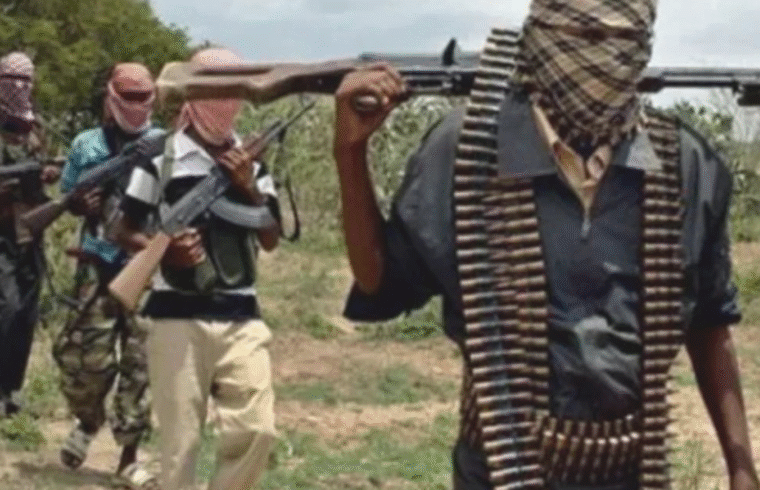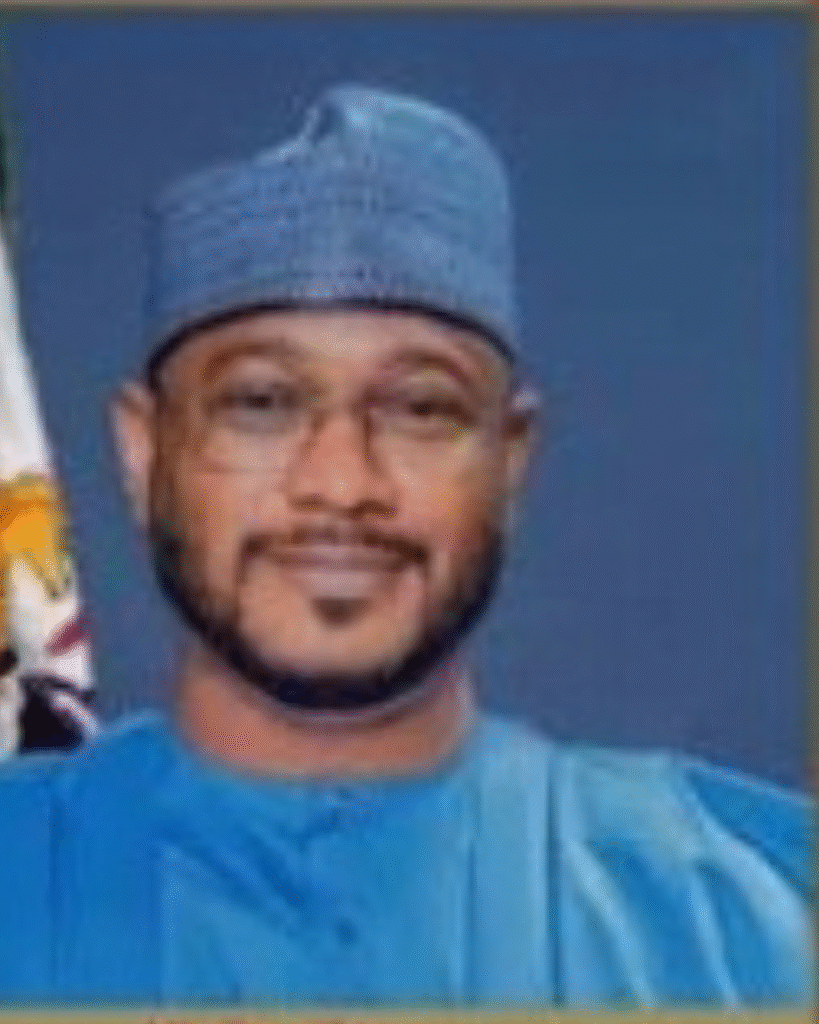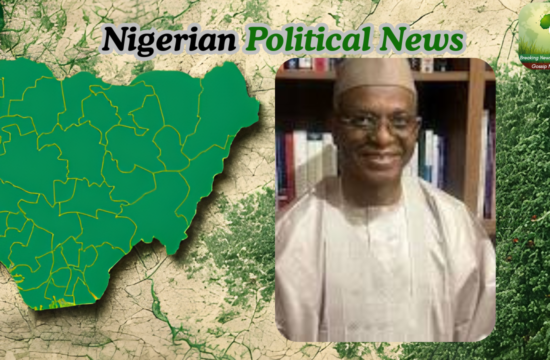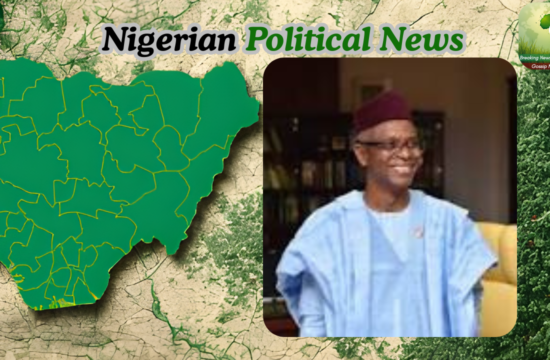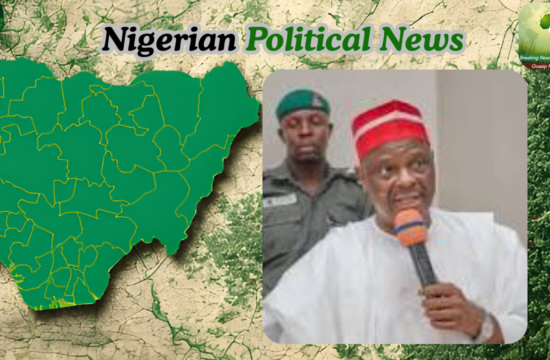Governor Dauda Lawal of Zamfara State has declared that he has the capacity to eliminate banditry in the state within two months—if only he were granted direct control of security agencies.
Speaking emotionally ,Gossip News Now reveals that in a viral video on Wednesday, the governor broke down in tears as he recounted recent deadly attacks, lamenting that the biggest obstacle to ending the crisis is that security operatives in Zamfara still take orders from Abuja rather than the state government.
Lawal insisted that with his deep knowledge of the terrain and the locations of criminal leaders, he could swiftly end the menace if given the authority.
“I can tell you the whereabouts of every bandit kingpin in Zamfara, even with my phone. I can point to you where they are right now. But I do not control security agencies, and that is the problem,” he said.
The governor cited a recent massacre in Shinkafi Local Government Area where dozens were killed. He explained that although security forces were present, they refused to act because they were awaiting clearance from Abuja.
“People were under attack, and I kept calling the security agencies. They told me they were waiting for orders from Abuja. How do I save my people in such a situation?” he asked in frustration.
Despite these restrictions, Lawal noted that his administration has been providing extensive support to security operatives through funding and logistics. So far, 150 patrol vehicles have been distributed among the police, military, DSS, and civil defence. In addition, thousands of Community Protection Guards and over 2,000 hunters from Borno and Yobe States have been recruited to bolster the fight.
Beyond security, the governor stressed the importance of addressing the root causes of rural violence by improving living conditions.
“We are working to provide water, schools, and other amenities because we know that when people live well, peace is easier to achieve,” he explained.
He also accused political rivals of exploiting insecurity for selfish purposes, warning that their actions are worsening the plight of Zamfara’s people.
“The politicisation of insecurity is not hurting me personally; it is destroying Zamfara. Some people do not want us to succeed, but I will not stop trying,” he said.
Lawal pointed to the heavy security deployment during a recent by-election in the state as proof that resources exist but are often prioritised for politics instead of protecting lives.
The North-West has in recent years suffered waves of violence linked to cattle-rustling gangs that have evolved into heavily armed networks. Zamfara, Katsina, Kaduna, and Sokoto have been hit hardest, with mass abductions, killings, and raids forcing villagers to flee and farmers to abandon their land.
Zamfara itself has witnessed several high-profile abductions, including the kidnapping of about 300 schoolgirls from Jangebe in February 2021, and the abduction of over 300 schoolboys in Katsina in December 2020. Both incidents drew international attention to Nigeria’s deepening insecurity.
Governor Lawal’s emotional outcry comes as President Bola Tinubu and the National Economic Council consider the creation of state police—a reform long demanded by governors in violence-stricken regions.
Since assuming office in May 2023, Lawal has consistently called for the establishment of state police, aligning with President Tinubu’s recent endorsement of the idea. Supporters believe state police would enable governors to take direct responsibility for their security challenges, while critics warn that such powers could be abused by politicians.
For Zamfara’s residents—many of whom have lost homes, farmlands, and loved ones to bandit attacks—Lawal’s claim that he could end banditry in two months if empowered offers both a glimmer of hope and a stark reminder of the limitations of Nigeria’s centralised security system.


